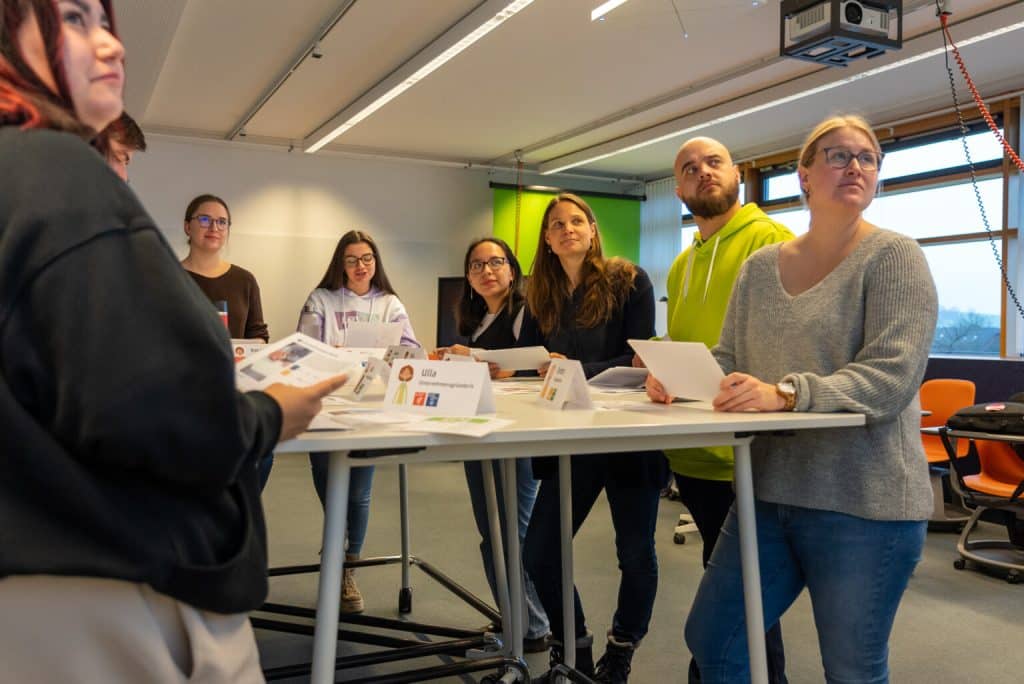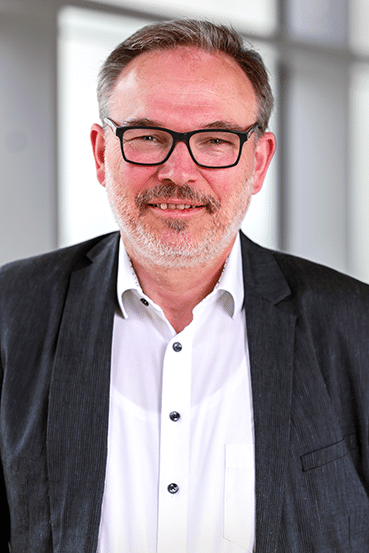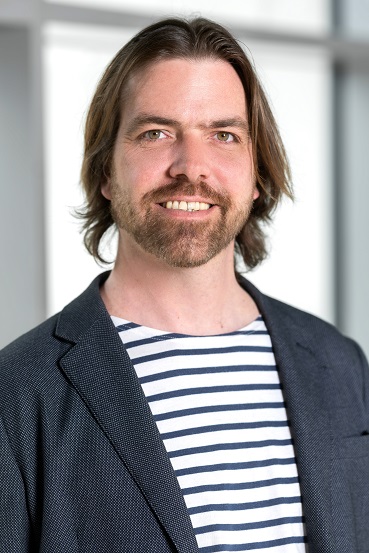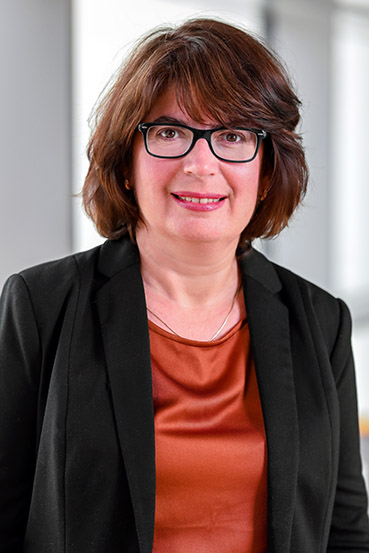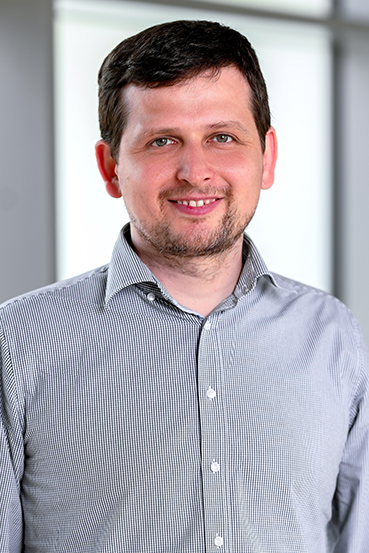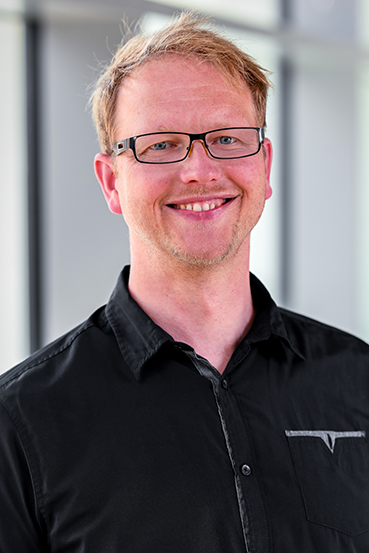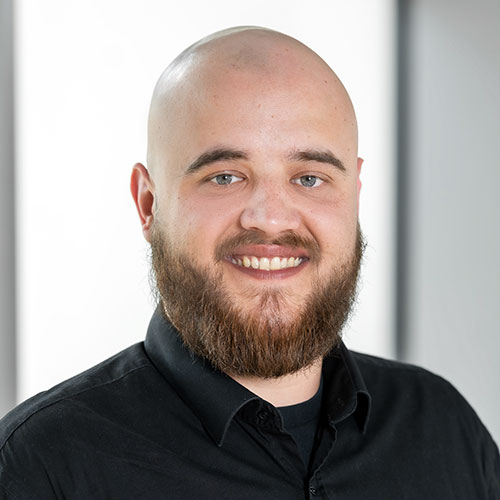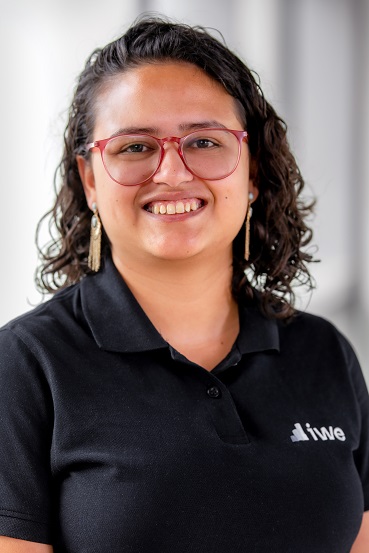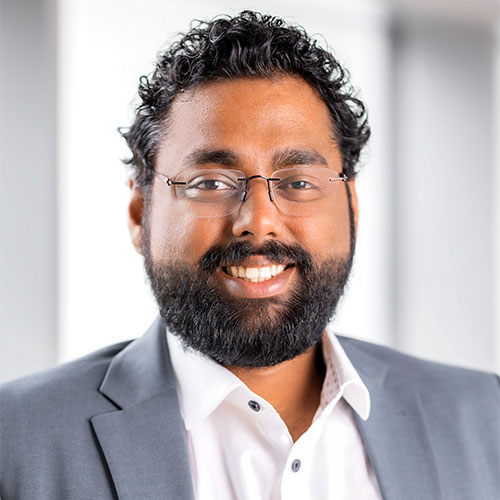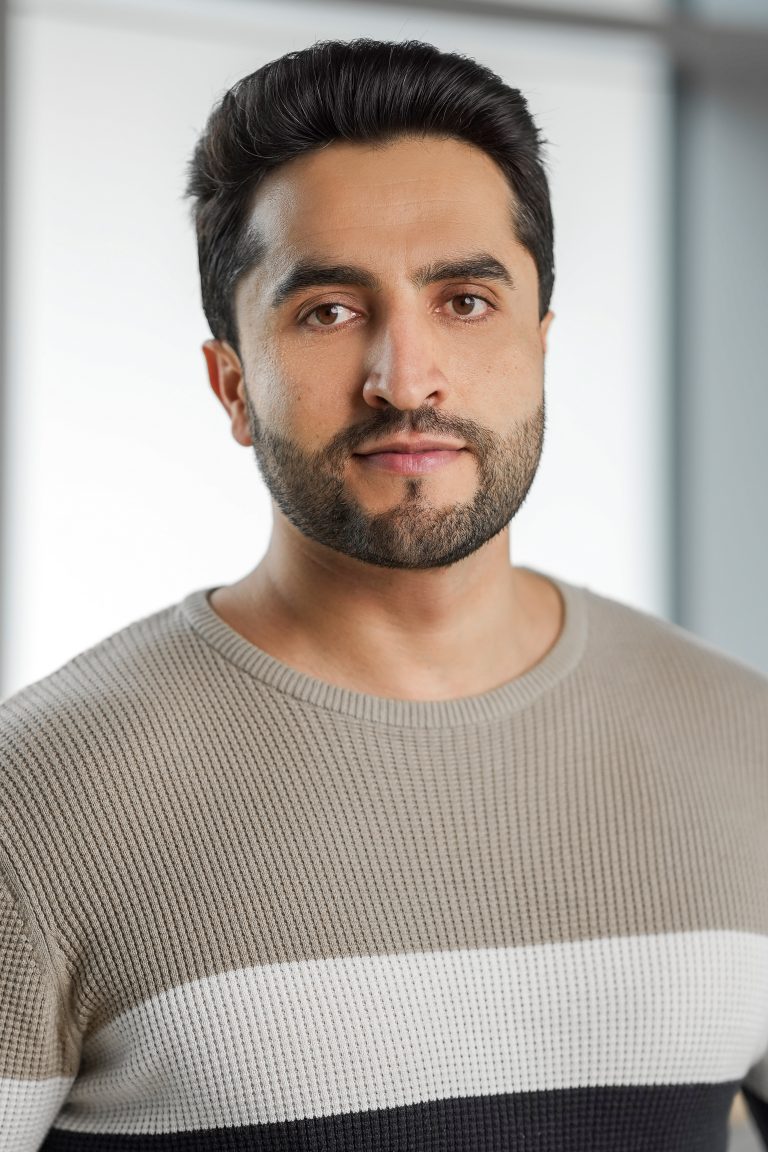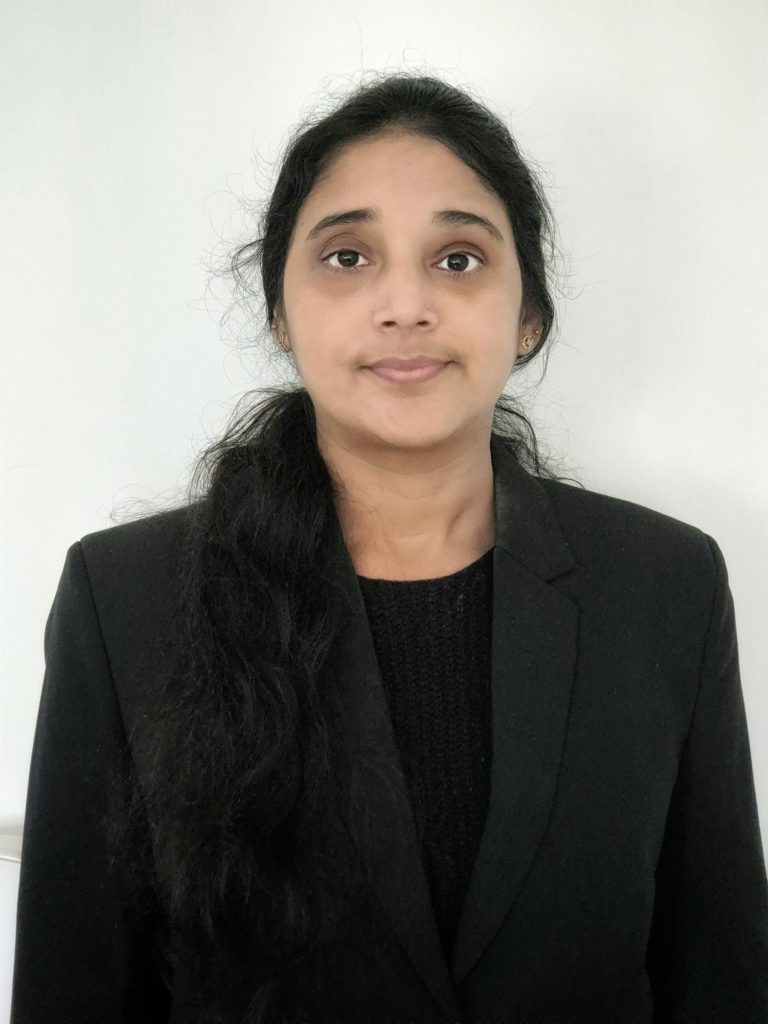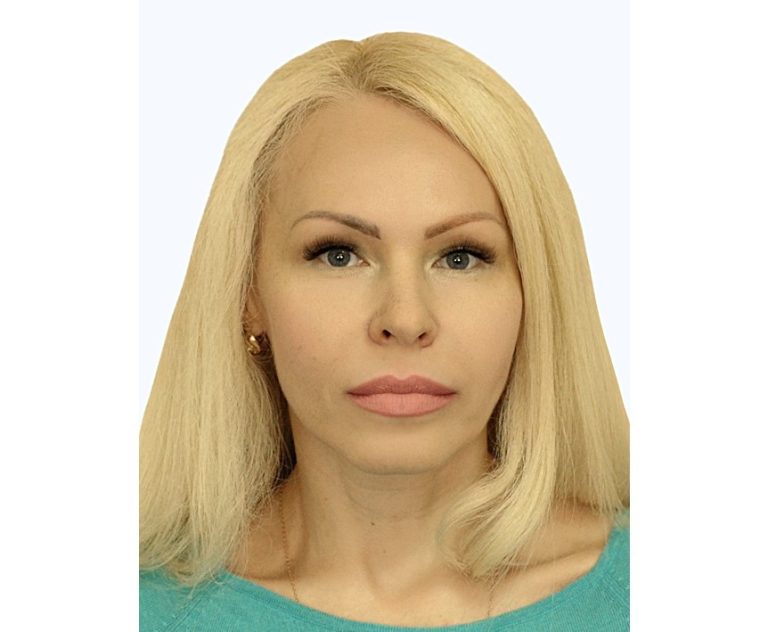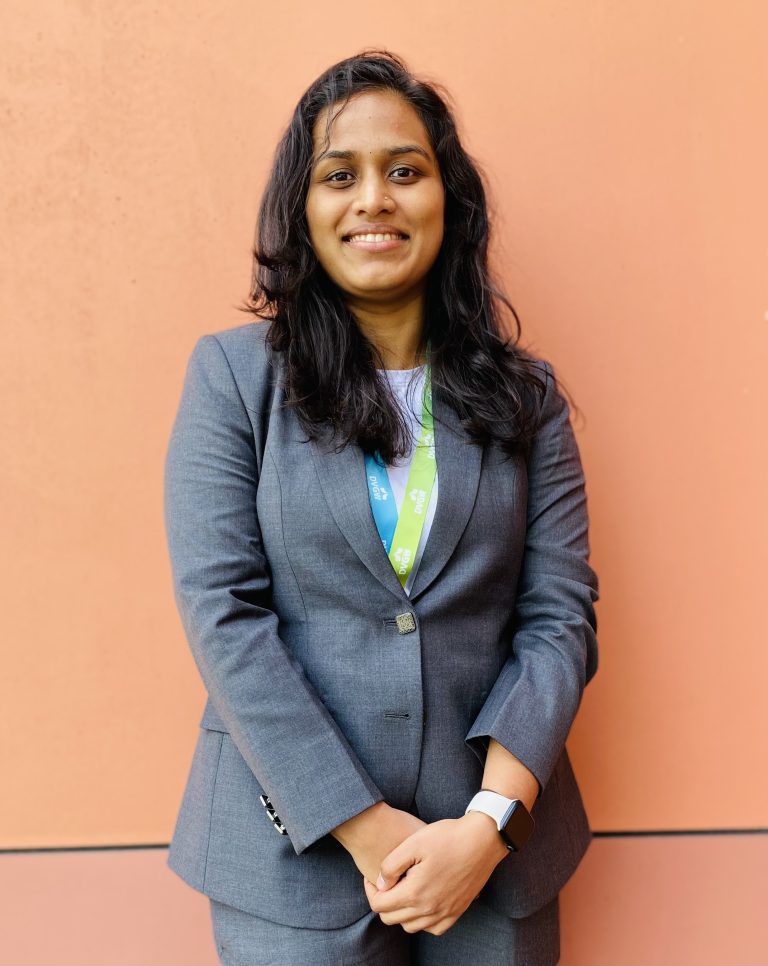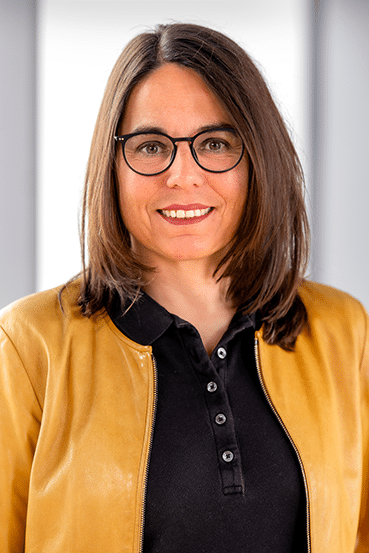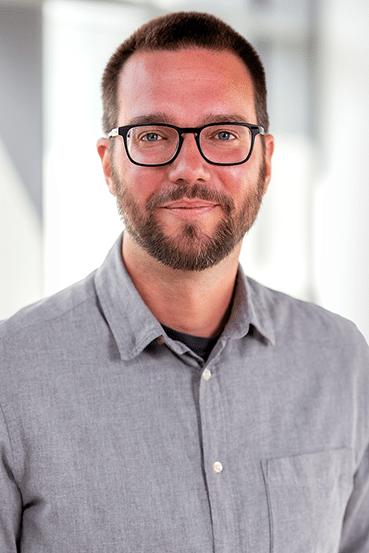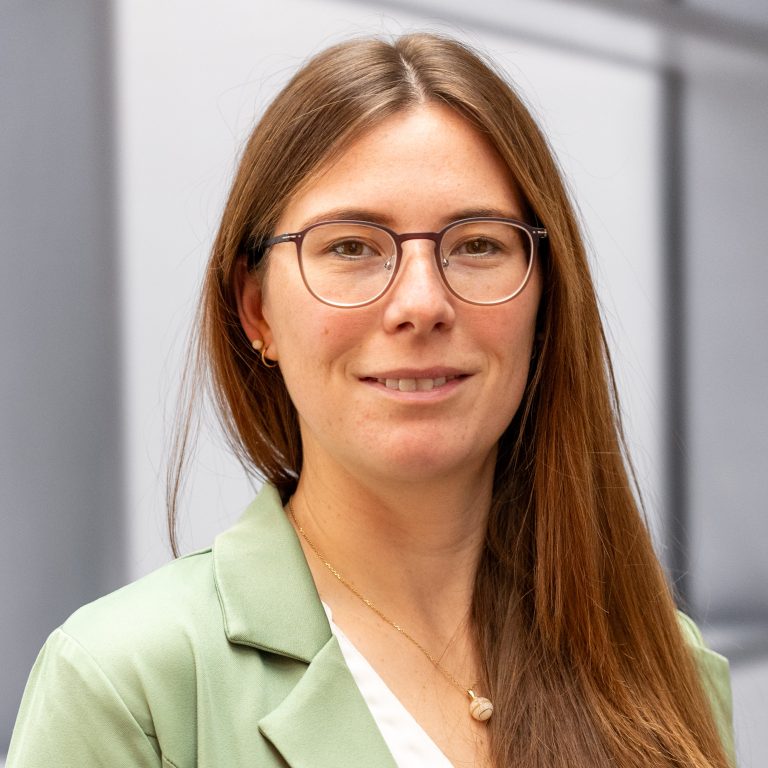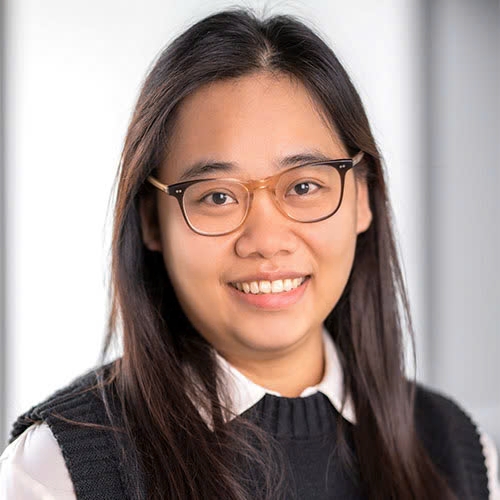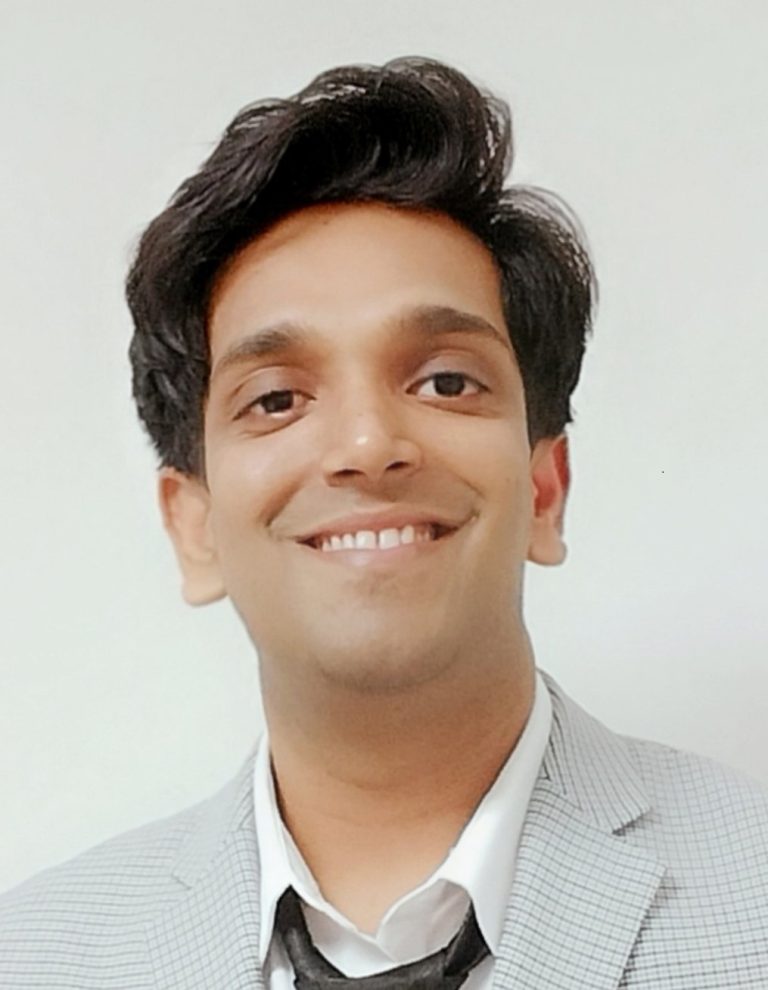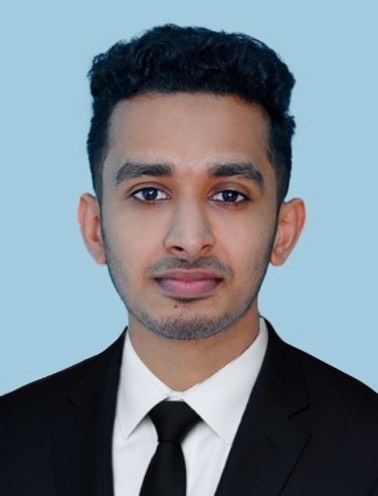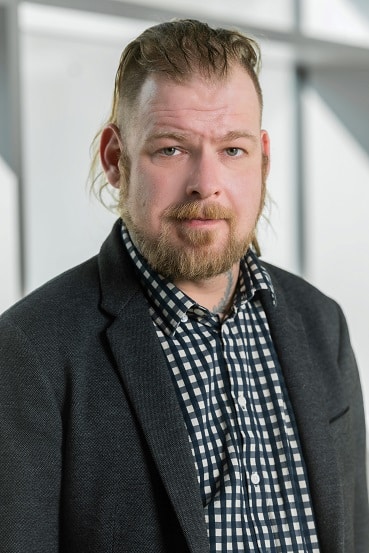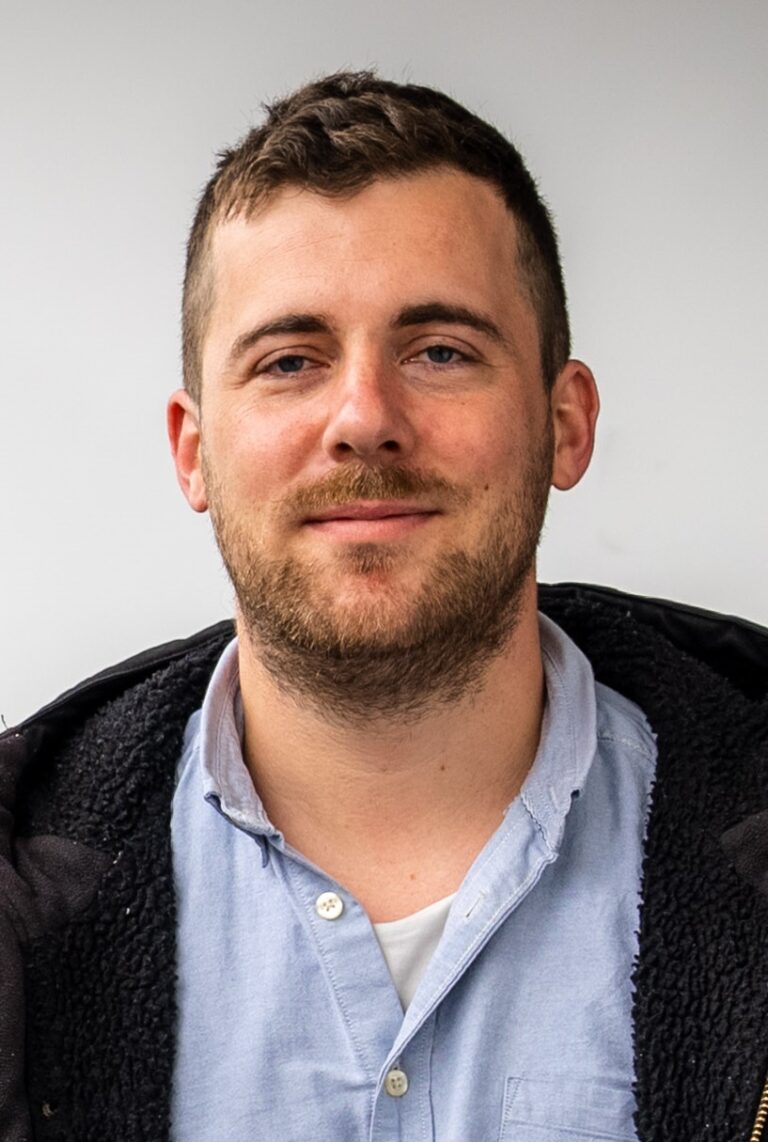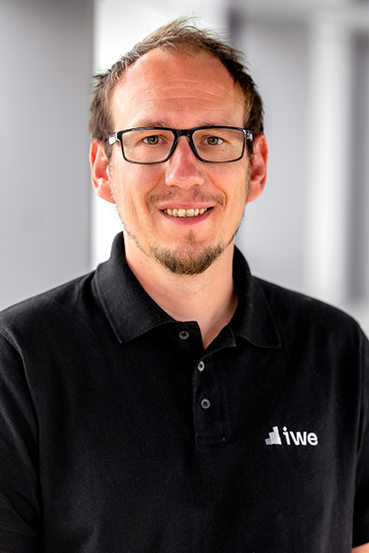The Institute
Research and development
The Institute for Sustainable Water Systems (inwa) at Hof University of Applied Sciences conducts research in sponge city, photonics and food production. With around 20 scientists, inwa develops practical solutions for trade, industry and local authorities to overcome climate challenges.
Main research areas
The Institute for Sustainable Water Systems at Hof University of Applied Sciences (inwa) focuses on applied research and development in the key areas of sponge city, photonics and food production as well as knowledge transfer, sustainability and digitalisation. The inwa works in four research groups with around 20 scientific employees. Research activities centre on application-oriented innovation developments with partners from trade and industry, both nationally and internationally. The centre has its own research networks for key topics such as the elimination of trace substances in wastewater. As the topic of water has a strong municipal focus, local authorities and cities are increasingly becoming partners in research activities.
Thematically and in different projects, all research groups are actively united in the research focus area of the sponge city/region (link to ktns). Urban infrastructure and regional areas are increasingly exposed to the massive effects of extreme weather events as a result of climate change. Increasingly complex and dynamic challenges due to more intense heavy rainfall and longer periods of drought require multi-perspective and multi-criteria approaches to thinking and research. These can be covered to a high degree by the proven expertise and high affinity for cooperation in the four research groups.
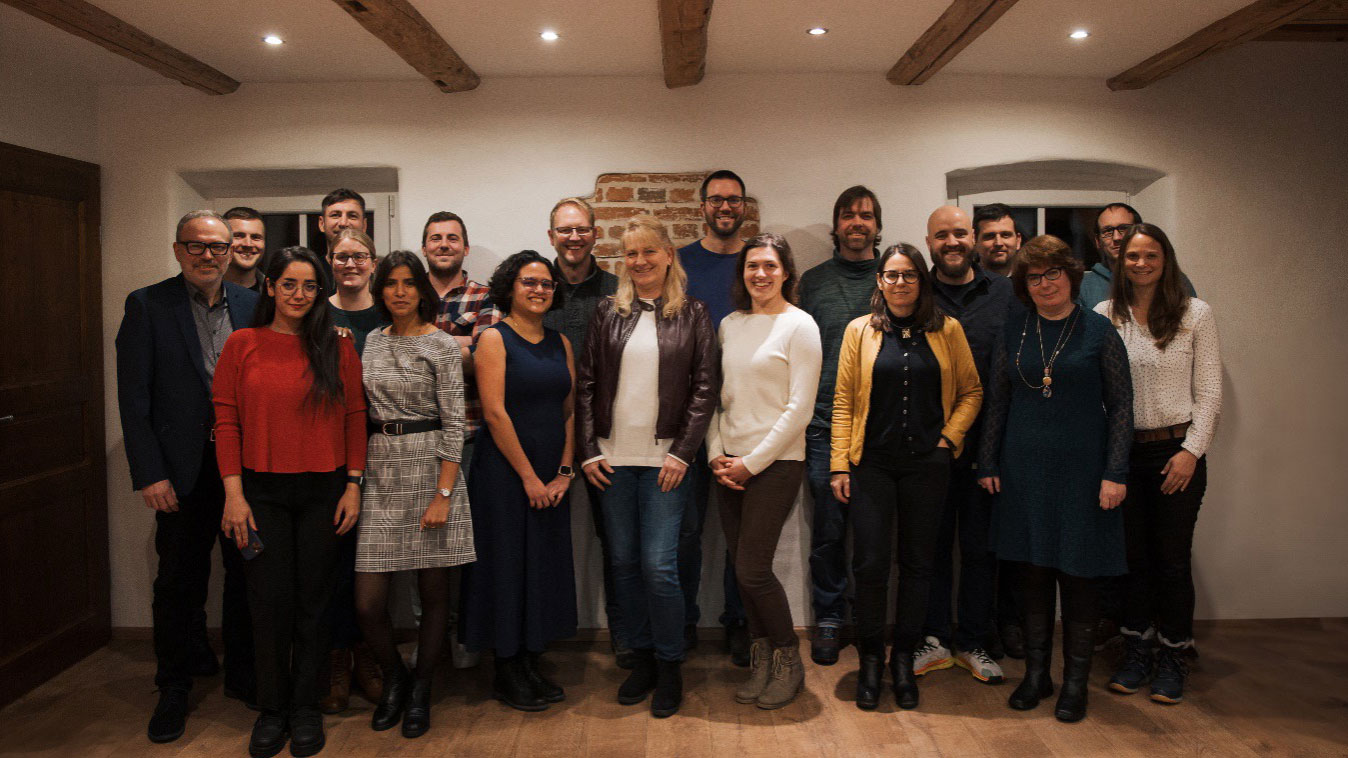
The expansion of modern laboratories and testing facilities is steadily increasing. When the new ZWE (Centre for Water and Energy) building is completed in 2025, the "Photonics and Water" and "Resource-efficient Food Production in Integrated Aquaculture" research groups will move into the new laboratories. The "Water Infrastructure and Digitalisation" research group, which is strongly focused on real water/wastewater operations, will also expand the existing number of test facilities at various locations, such as the Hof wastewater treatment plant (link to this with in). The "Sustainability and Project Management in Water Management" research group works closely with customers and test subjects on site, at the university and in social media and offers knowledge-based and methodological solution developments.
Research activities are closely linked to teaching. On the one hand, this is reflected in the integration of research content in the various lectures held by all research group leaders in both the Bachelor's (link to Environmental Sciences?) and Master's programmes (link to SWM?). On the other hand, numerous engineering students complete project and internship phases in the individual research groups or work there as student assistants. Supplementary individual topics from the research activities are increasingly the subject of Bachelor's and Master's theses. In the area of scientific research work, the professors in the research groups also offer the opportunity to do a doctorate, either in cooperation with partner companies or, in the future, as part of their own research programme. Doctoral Centre of the Hof University of Applied Sciences.
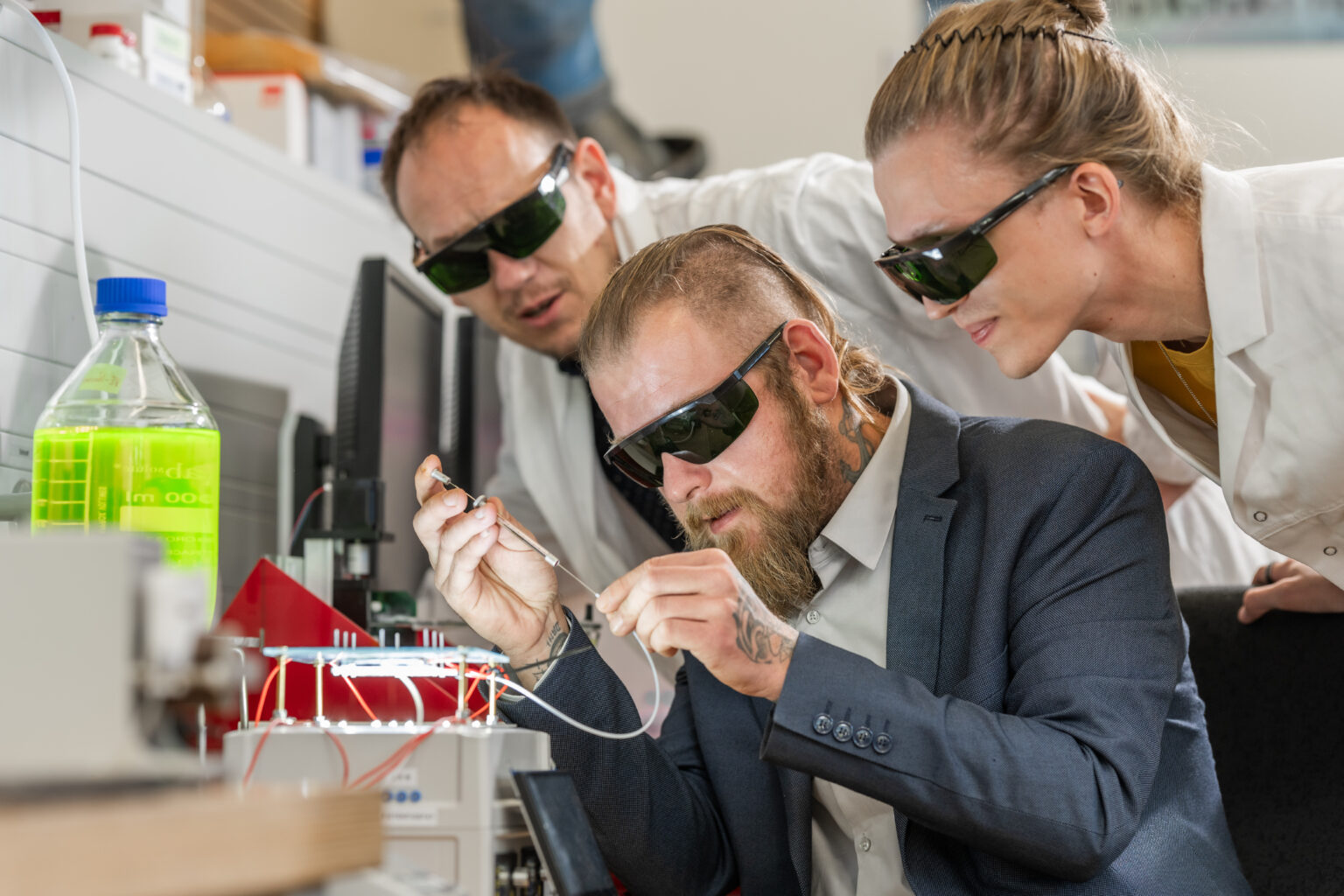
In addition to the transfer of knowledge to future employees through teaching, inwa focuses on the transfer of research results into practice. This is primarily aimed at local authorities, which are actively involved in research projects in order to transfer innovative solutions into practice using a "living example". The focus is not only on implementing the technology, but also on involving local employees in order to achieve a high level of implementation transfer.
For the transfer of knowledge and implementation, especially in the sponge city/region, the new Competence and transfer centre sustainable sponge city/region founded at inwa.
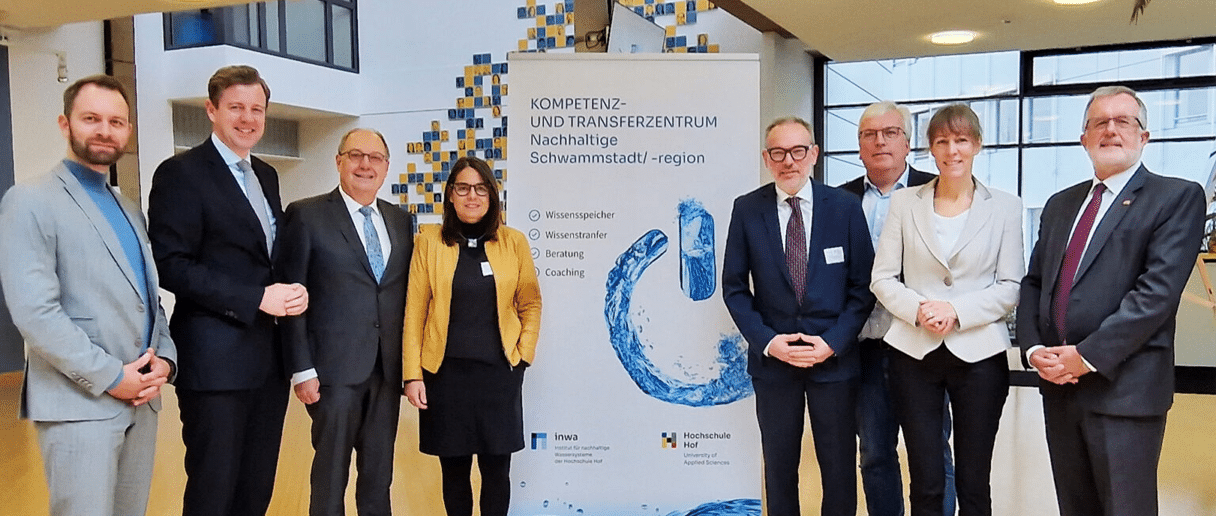
Research groups
Research groups and focal points
Water infrastructure and digitalisation (DiWa)
The "Water Infrastructure and Digitalisation (DiWa)" research group was founded in 2020 and consists of nine scientists with an interdisciplinary background. Its work focuses on sponge city/region, dynamic sewer network management, material retention at discharge points, solutions for the 4th treatment stage, use of renewable energies, increasing efficiency through digitalisation, meta-studies on digitalisation, digitalisation of operational knowledge and generative AI in knowledge transfer. DiWa develops methods and solutions in three areas of work:
- Water infrastructure
- Digitisation
- Knowledge transfer
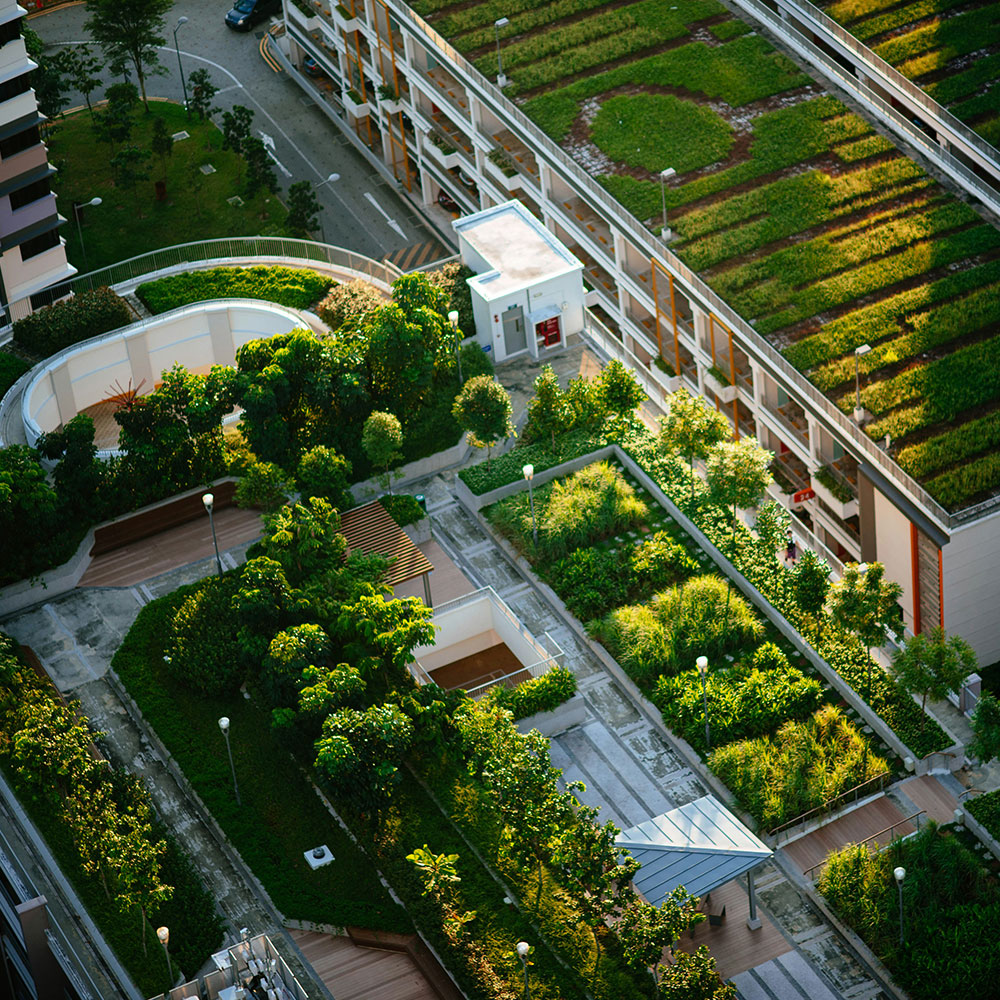
Water infrastructure
- Solution development for holistic management of sewer and wastewater systems
Sewage treatment plant - Energetically optimised wastewater reuse as part of
sustainable safeguarding of water resources - Complete and water-sensitive sponge solutions under
Inclusion of innovative drainage and sanitation systems for cities
and regions
Digitisation
- Solution development for application-orientated, intelligent (measurement) data acquisition, processing and evaluation
- Application testing using flexible, mobile IoT test stations
- Development of digital twins to increase process efficiency in water management systems
- Development of application-orientated, generative AI solutions (with validated proprietary data)
Knowledge transfer
- Development of methods for effective knowledge and practice transfer
of R&D results - Development of methods for holistic recording and evaluation
complex water management issues - Digital-based recording of operating and technical knowledge for a
Sustainable and effective knowledge retention - Development and realisation of certificate courses and further training
on the key topics of water infrastructure and digitalisation
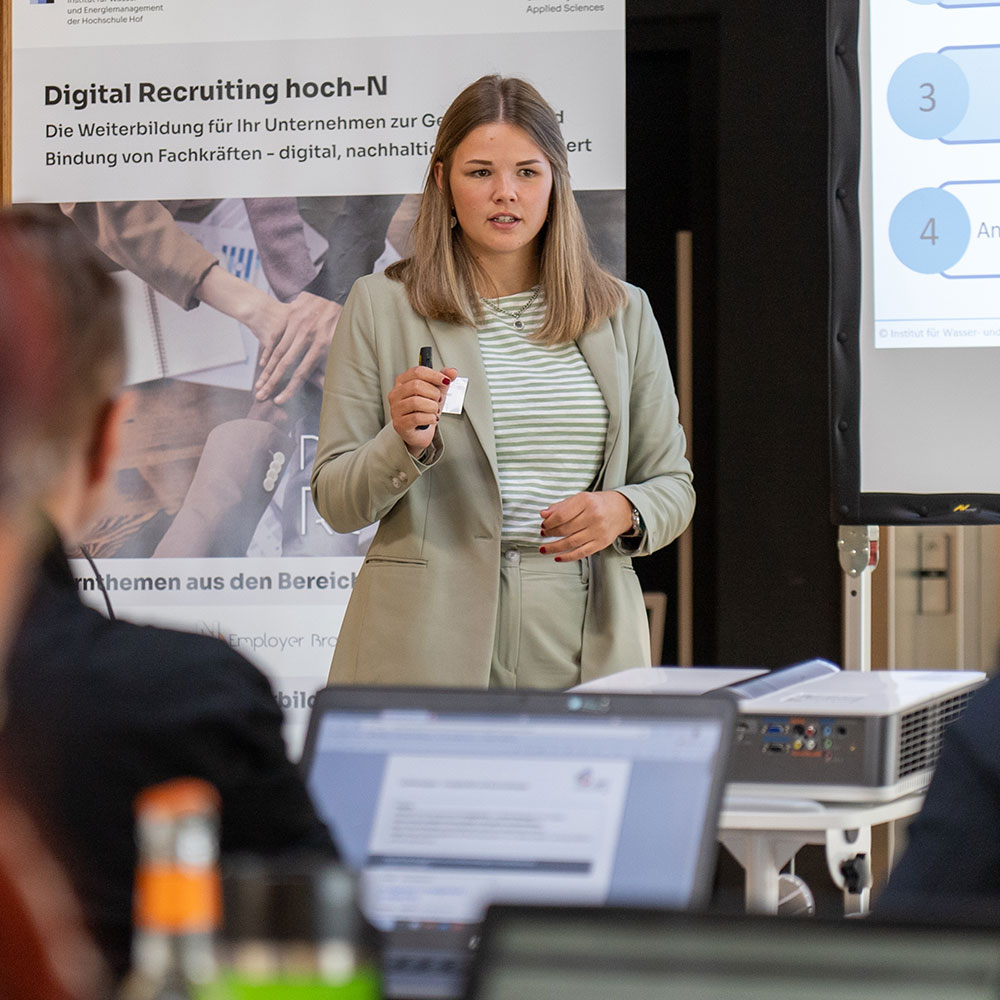
Sustainability and project management in water management (NaPro)
The interdisciplinary team of the research group "Sustainability and Project Management in Water Management" is dedicated to researching innovative approaches and developing effective project management methods for water management. We combine scientific findings with practice-orientated project management methods in order to develop solutions that take ecological, economic and social aspects into account. Through co-operation with institutions, companies and associations, we promote the exchange of knowledge and thus lay the foundations for sustainable water management.
- Methods for more project sustainability
- Sustainability indicators
- Instruments for analysing and optimising sustainability
Resource-efficient food production in integrated aquaculture (ReLe)
To meet the food and nutritional needs of a world population that is growing mainly in cities and to reduce the physical distance between urban centres and food production, new approaches are needed to produce food sustainably and close to consumers. The research group focuses on sustainable water-based food production in urban centres to support the transition to edible cities.
- Aquatic food production
- Integrated aquaculture and aquaponics
- Vermiculture
- Resource-efficient systems (incl. renewable energy)
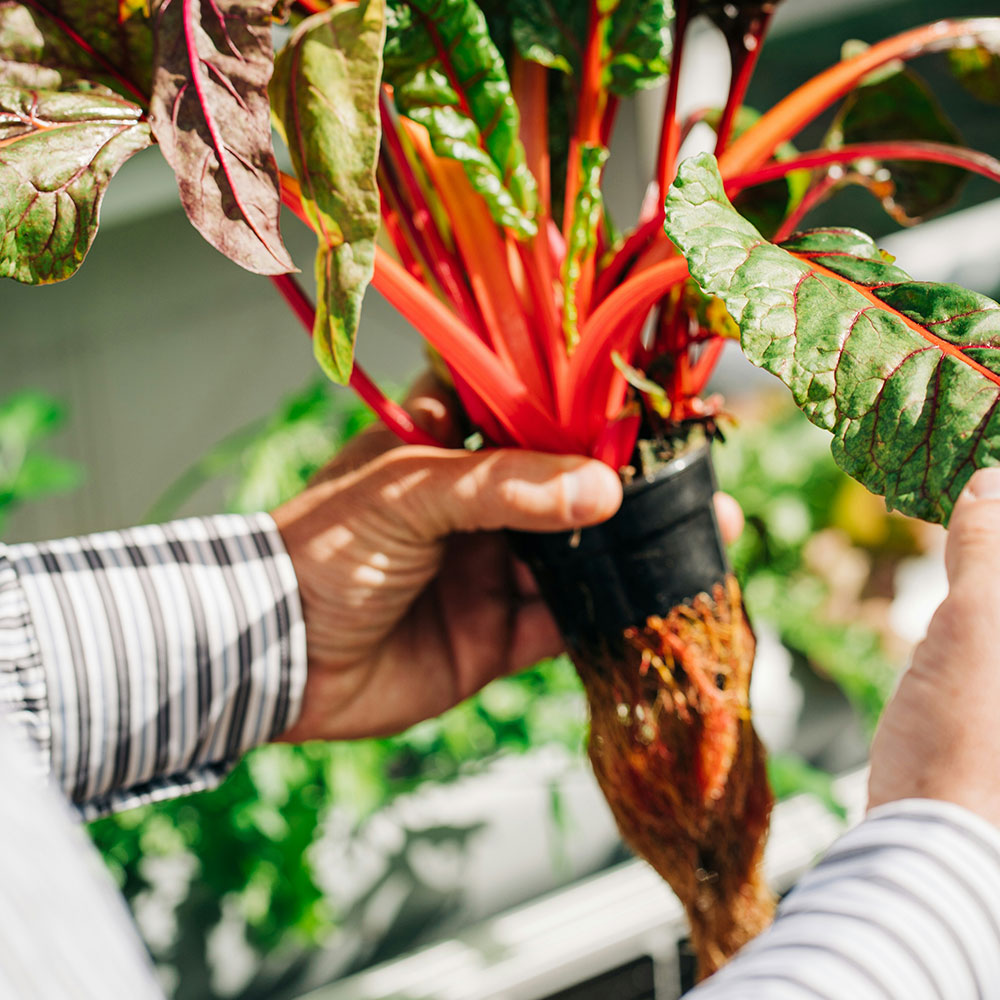

Photonics and water (PhoWa)
The "Photonics and Water" research group at Hof University of Applied Sciences is working on photonic processes for water purification, such as UVC disinfection and photocatalysis with titanium dioxide. The focus is on efficient LED technologies and oxidation with titanium dioxide, which generates hydroxyl radicals when exposed to UVA radiation that break down organic components. The group also develops photocatalysts and has extensive laboratory equipment for analysing substances. In addition, it conducts research in the field of air purification in order to remove air pollutants and contaminated sites.
- AOP process
- Water reuse
- Photonic processes
- Innovative sanitary systems
Projects
Further research projects
The research here is tough.

- Current
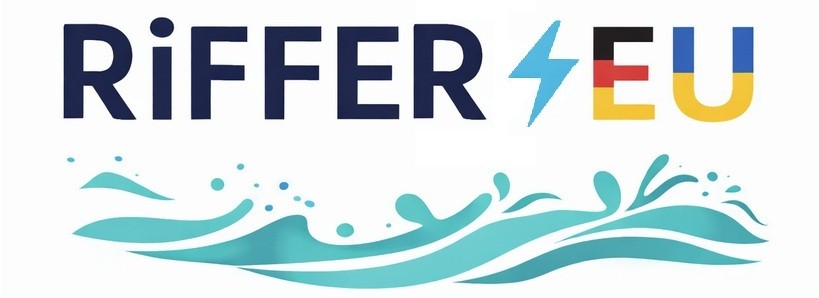
- Current

- Current
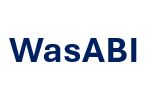
- Current
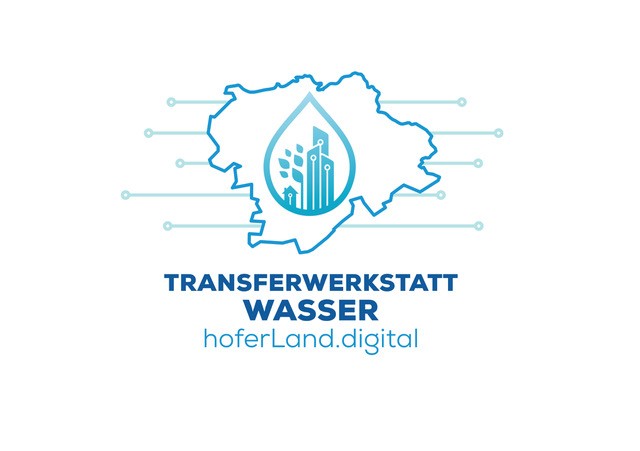
- Current

- Current
Contact person
Professors/research group leaders
Research stations
ResearchLabs
The inwa maintains several research stations, which are available for the experiments planned in the research projects on the one hand, but also as demonstration objects for local authorities or companies on the other. Furthermore, the research labs can also be used in teaching for laboratory experiments by students.
KanaBEnt
Sewer networks are often designed as combined systems that collect wastewater from households, businesses and industry together with rainwater and channel it to the treatment plant. During heavy rainfall, additional storage basins can become overloaded, leading to the discharge of untreated mixed water into surface waters. To minimise pollution, screen systems are installed to retain coarse impurities.
The KanabEnt container is investigating whether intelligent control of the screening system can utilise the filter cake for better cleaning of the mixed water, especially with small particle sizes.
A simulated sewer section with a rake system and intelligent control system enables the water quality and flow rate to be checked. As a result, the sewer network volume can be better utilised for storage and the discharge of mixed water can be reduced.
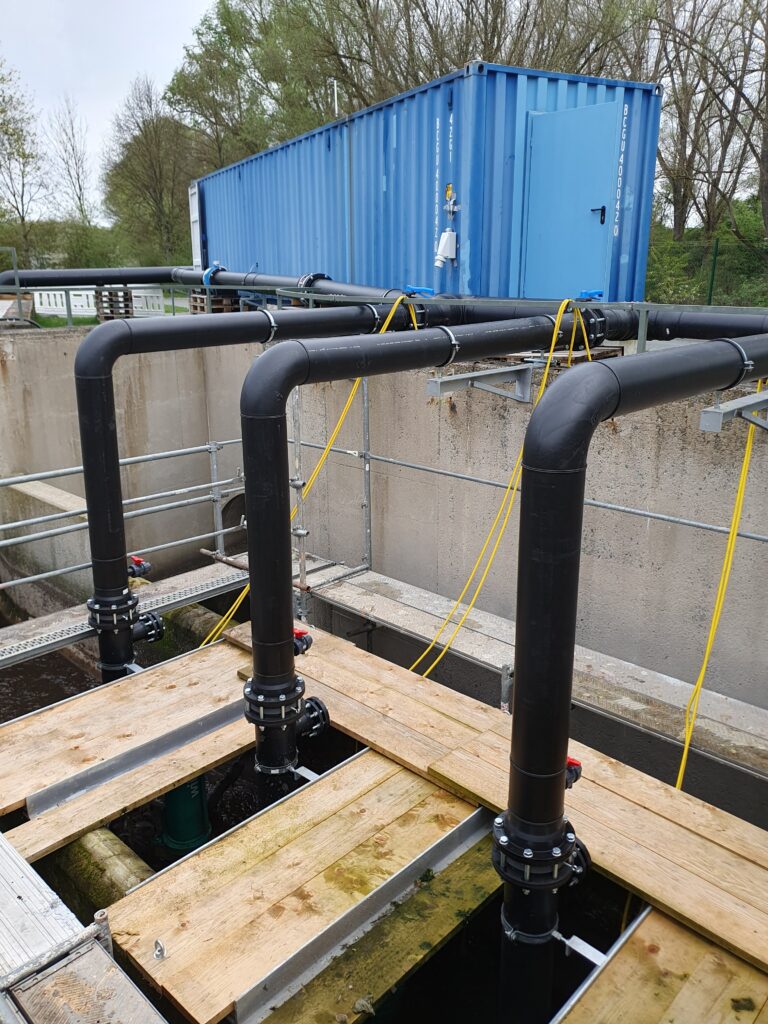
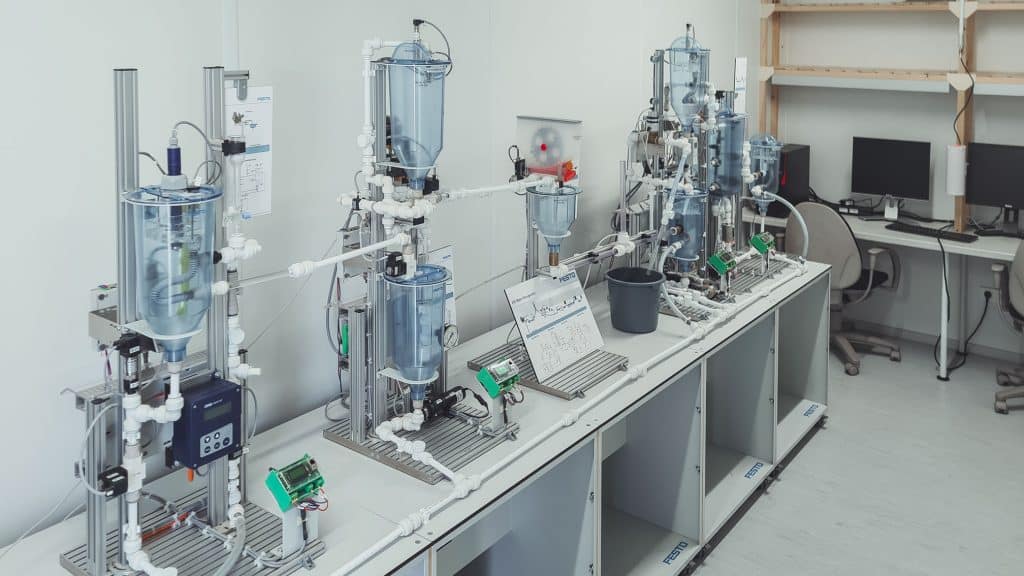
Spon(d)tion
In order to plan or better understand a sponge city, you need a broad knowledge of the complex interrelationships of the water cycle. We want to illustrate these relationships in our sponge city and make them understandable through experiments. The basis is a system that represents the complete water cycle. We will expand on this with various sponge city elements. In this way, interested people with any previous knowledge will have the opportunity to understand the effects by setting different parameters and making various changes to the cycle. In this way, we want to convey the understanding and necessity of sponge city elements to our students, participants in our training courses and lectures, but also to schoolchildren or other groups in the region.
The basic system is currently ready for use, allowing us to map the entire water cycle and simulate changes. The next step is to develop and integrate the other elements in order to customise the station more specifically to the possibilities of a sponge city. In addition, small scenarios are to be developed so that the sponge station can be used with groups. This equipment was selected with the help of the company ADIRO, which continues to provide technical and methodological support. You can find more information about ADIRO at www.adiro.com.
Tobias' Lab
More information will follow.
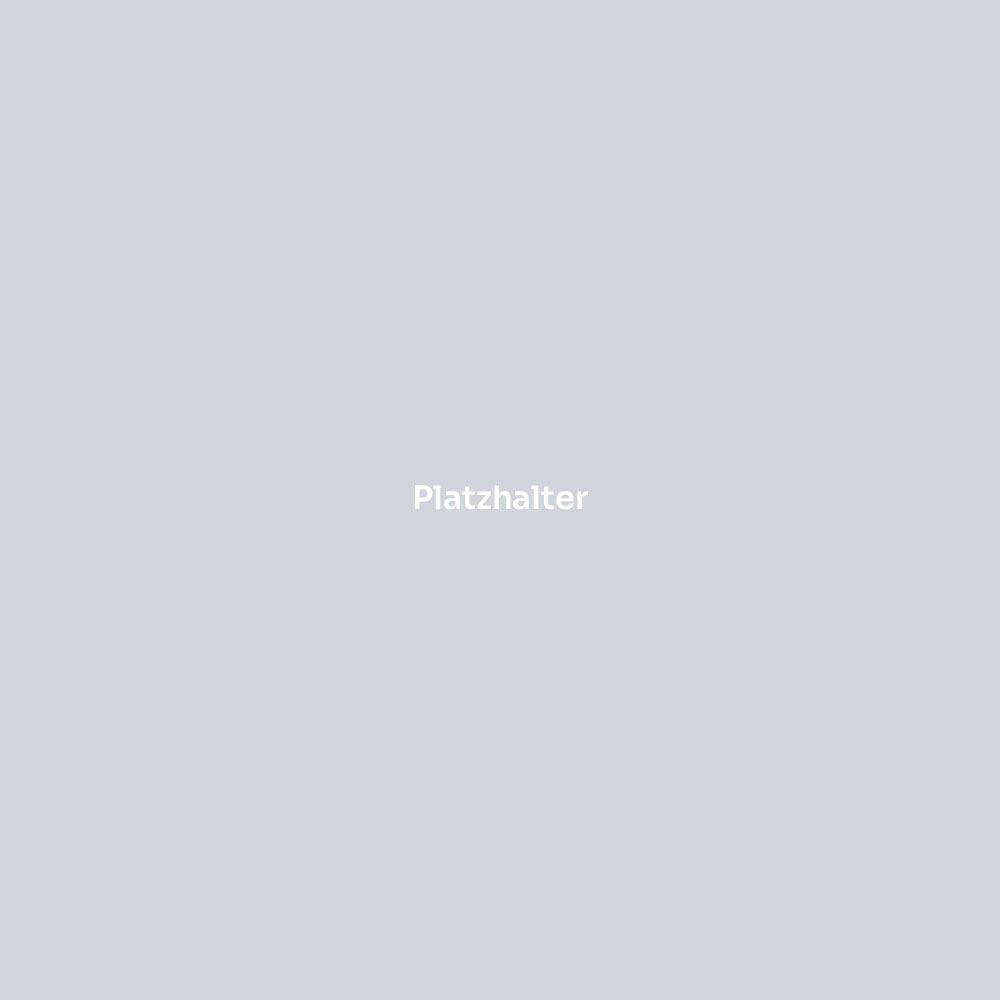

Harvey's Lab
More information will follow.
Become part of the Institute for Sustainable Water Systems
Career and academic theses
Job offers and project, Bachelor's or Master's theses - you've come to the right place.
